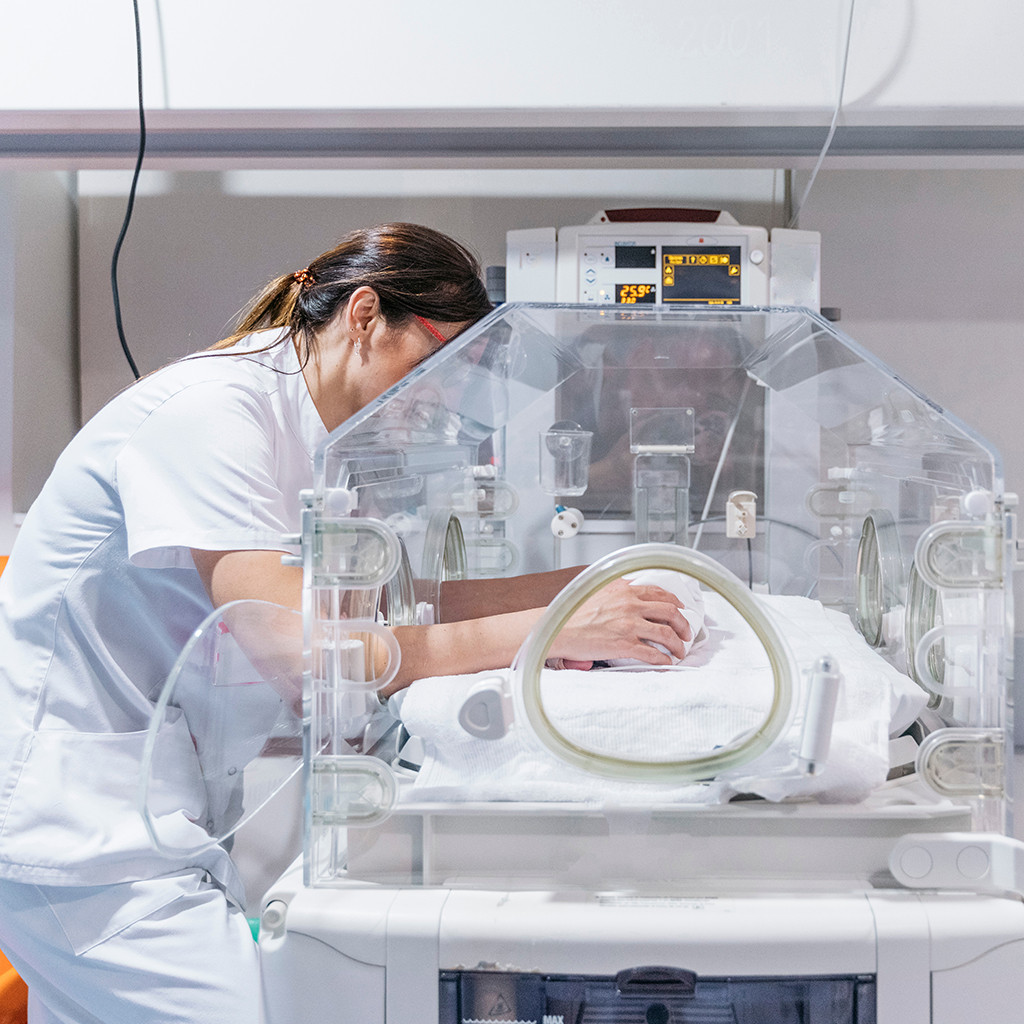Today is Hypoxic Ischaemic Encephalopathy (HIE) awareness day and our Senior Associate and Solicitor, Michelle Beckett, looks at a particular type of HIE (neonatal), what this is, and what it can mean for those who have suffered it.
What is neonatal HIE?
- Neonatal HIE occurs when the oxygen and blood flow to a baby’s brain are restricted before, during, or after birth.
- It can cause injury to all organs, particularly the brain.
- The severity ranges from mild, moderate, or severe (grade I, II, or III) and is dependent upon how long the brain was without oxygen.
What are the symptoms of neonatal HIE?
- Depending on the type of neonatal HIE and the treatment, some symptoms may present immediately, and some may take longer (even years) to present.
- Immediate symptoms can include abnormal movements (seizures), eye-rolling, irritability, and poor sleep and feeding.
- The full extent of any brain injury caused by neonatal HIE is not usually apparent immediately and long-term effects are hard to predict.
- The injury to the brain is an evolving process, which can be disrupted by cooling (further details below).
- The full impact may not become apparent until a baby/child is not achieving certain milestones.
Diagnosis and treatment options
- Physical tests and brain imaging are used to diagnose suspected cases of HIE; in some cases, children will have multiple scans to determine how the HIE is progressing (if it is).
- There is currently no cure for HIE.
- Most babies with mild HIE recover quickly and fully and will be monitored to determine whether any treatment is required.
- Those suffering from moderate or severe HIE will likely have cooling treatment. This is started as soon as possible and will lower the baby’s temperature for around 72 hours. The aim of this is to slow the effects of the damage and limit the extent of the brain injury.
Long term effects
- The long-term effects of HIE are entirely dependent on the child, the extent of the HIE, and the response to treatment.
- There will likely be ongoing monitoring needed.
- Whilst some babies with HIE make a full recovery and have no long-term difficulties, others may experience physical and neurological symptoms which could impact them achieving milestones and could result in a diagnosis of conditions such as cerebral palsy.
A diagnosis of neonatal HIE is very frightening for a new parent particularly given that the long-term effects may not be known for some years. As detailed above some cases of mild HIE will not cause any further symptoms but in other cases can result in a diagnosis of cerebral palsy. It is important to remember in each scenario that children develop in their own time and even with a diagnosis of Cerebral Palsy, they can often surpass expectations.
A case study
At the time of his birth, Jacob suffered HIE, amongst other things, and he required ventilation and exhibited symptoms including irritability, lip smacking and not tolerating feeds; he received treatment in the Special care baby unit. As time went on, Jacob’s difficulties became apparent and he was diagnosed with cerebral palsy having wide-ranging, physical and mental disabilities requiring life-long, round-the-clock support.
Despite his significant difficulties, Jacob and his family are an outstanding example of what can be achieved with determination and the right support. Examples of this are as follows:
- Despite Jacob’s injury impacting upon his communication he was able to attend a mainstream school and was doing very well academically. It was anticipated that with support, he would go to University and get a degree.
- He was able to form close relationships with friends and family.
- Despite his difficulties with mobility, he was able to live an active life.
- With support and the right equipment, it was anticipated that Jacob would be able to live independently without his parents and even have a family of his own.
- Jacob had the potential to live a fulfilling and long life, to occupy his time gainfully, and to be a productive member of society.
Jacob suffered a devastating injury. He experienced extreme tiredness after even the mildest form of exercise and had to endure epileptic seizures. He also had anxiety and poor self-esteem. However, he achieved the above through sheer determination.
In Jacob’s case, the HIE could have been avoided and those involved in his medical care failed to appreciate signs that he was in distress during labour and deliver him earlier. As such, his severe brain damage and resultant cerebral palsy diagnosis were wholly avoidable.
It was a privilege to represent him in his medical negligence claim. It is hoped that he will continue to overcome his difficulties and be able to access the support he needs to have a fulfilling and rewarding life.
How we can help
If you or your family have suffered because of medical negligence, we will help you to recover appropriate compensation and secure the future.






